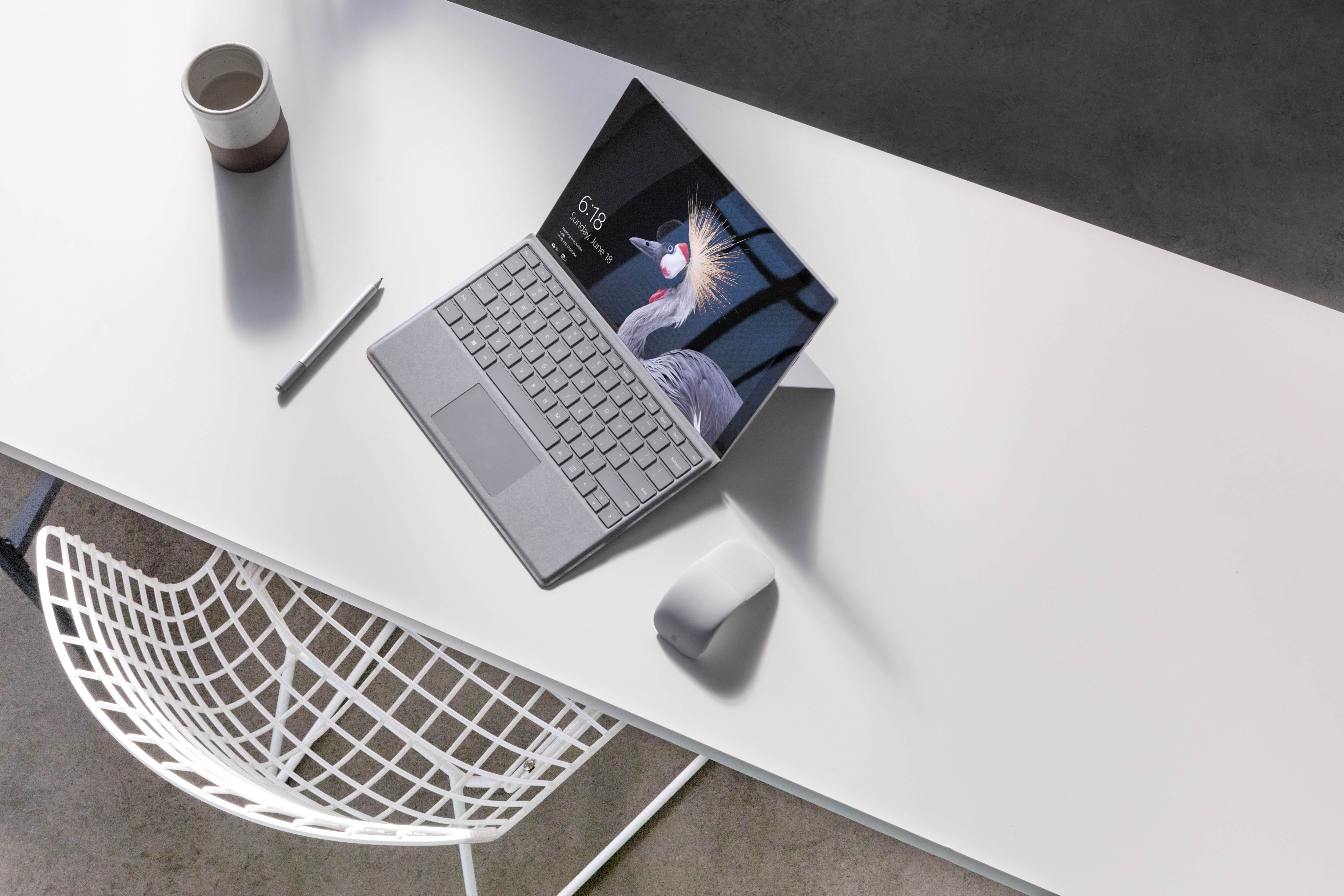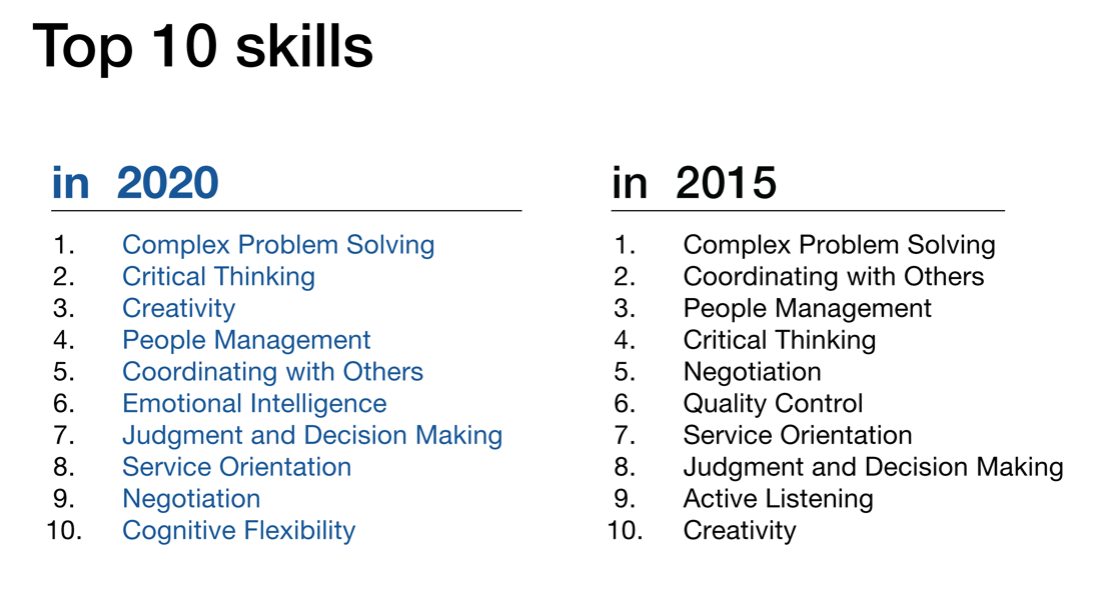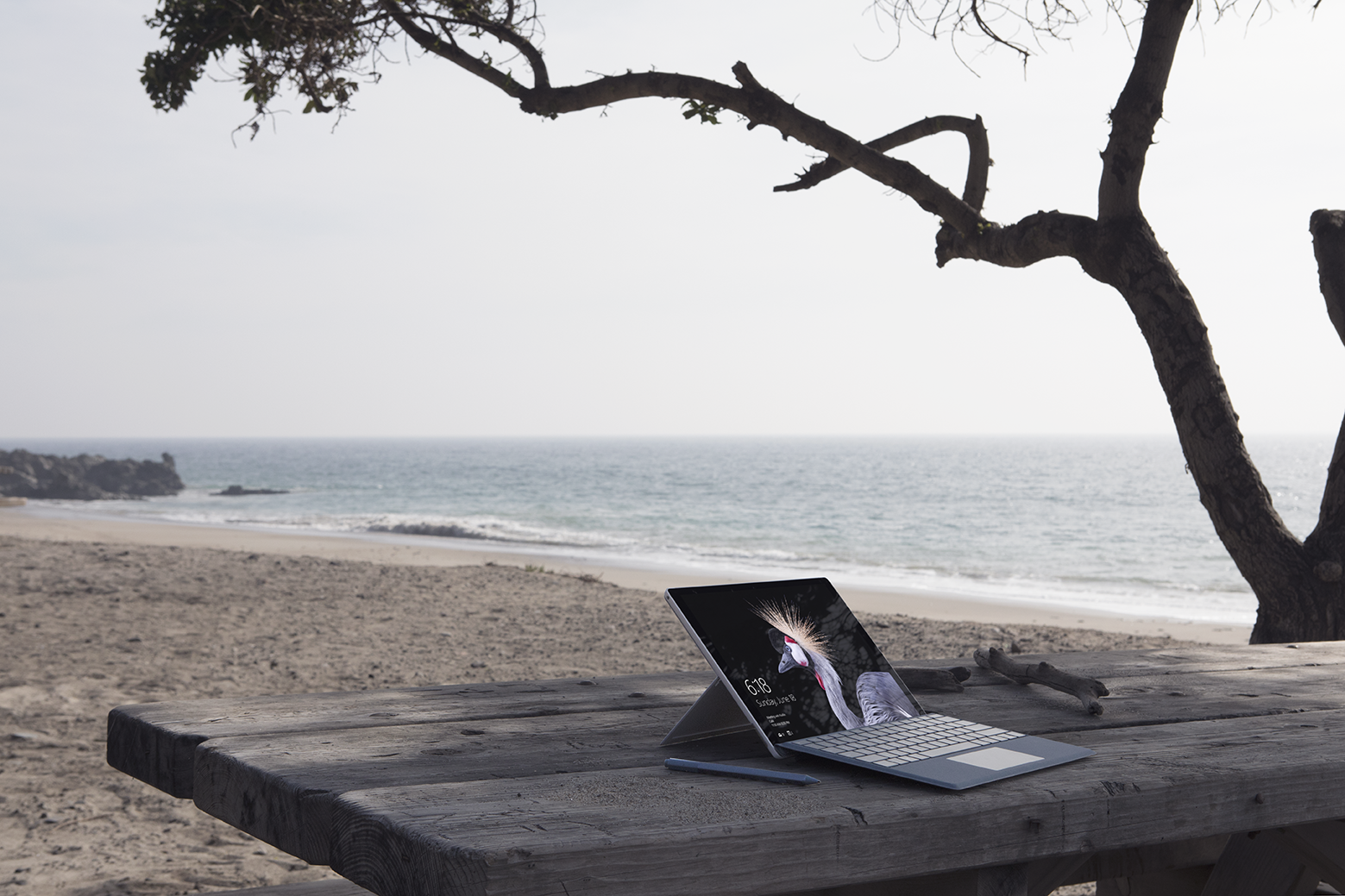
British companies at risk of ‘creativity crisis’, Microsoft Surface research reveals
British companies are at risk of falling behind rivals across the world because of a failure to encourage creativity among their staff, a new survey has revealed.
Forty percent of workers in the UK said innovation is neither encouraged nor rewarded in their workplace, the study by Microsoft Surface found.
Uninspiring workplaces (41%), a stressful atmosphere (34%) and a lack of appropriate spaces to focus (28%) were cited as major obstacles to creative working.
The findings are particularly concerning as they come after the World Economic Forum said creativity will be one of the top three skills – along with complex problem solving and critical thinking – that workers will need to thrive in the modern, digital workplace.

Almost three-quarters of respondents (73%) considered themselves to be creative
“If UK businesses are not able to find ways to spark creativity within the workplace, they’re at risk of falling behind,” said Ryan Asdourian, Windows and Surface Lead at Microsoft UK. “Creativity is everywhere if you know where to look but, like all skills, it needs to be nurtured and given the right tools. Businesses must do more to provide employees with the right working environment to handle different kinds of tasks, and the flexibility to get out of the office to spark their creativity.
“This research shows a clear lack of investment in innovation and creativity training, which is especially alarming when we consider the potential impact to the UK economy. The services sector is vital to UK GDP and its success has been built on our ability to solve problems in new and innovative ways.”
The study, which looked at the views of more than 1,100 workers, found that while almost three-quarters of respondents (73%) considered themselves to be creative, high levels of work and stress stifled their ability to tackle problems and come up with good ideas.

The WEF’s 10 skills you need to thrive in the Fourth Industrial Revolution. Creativity has jumped from 10th to third
Half of those surveyed said they felt less creative when they were tired, and 45% admitted to the same result when stressed. Existing workloads (39%) and organisational processes (32%) were also cited as barriers to being more creative.
The study found that companies were doing little to address the problem. While 49% of employees believed that learning new, creative skills would help them be more effective in their role, 75% say they have not been offered the relevant training within the past two years.
Workers felt most able to be creative when they were alone (42%), while taking a walk (26%) or outdoors (21%).

Workers felt most able to be creative when they were alone (42%), while taking a walk (26%) or outdoors (21%)
“Helping people and workers improve their creativity is critical to the future of the UK economy, and many businesses and workplaces are not yet set up in ways that reward or foster this skill,” Asdourian added.
“To inspire innovation, workers must be equipped with the right training and tools – including devices that enable employees to work where they are most creative yet still collaborate effectively; diverse office spaces for different kinds of working; and a work-life balance that enables them the headspace to think through problems. With these tools, businesses and the UK economy can reap the benefits of a creative workforce.”

